The Water Diviner press conference with Russell Crowe and Olga Kurylenko
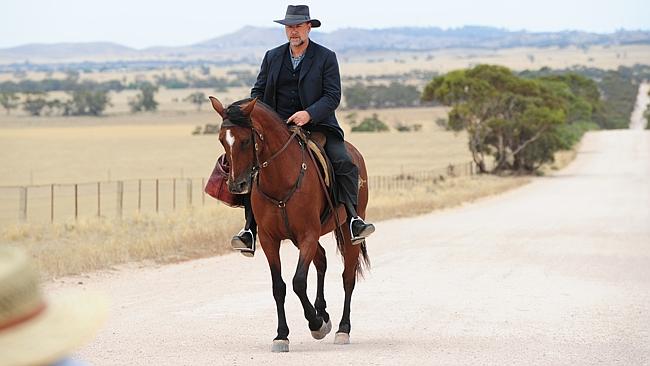
Russell Crowe and leading lady Olga Kurylenko explain their beliefs about war, and discuss what drew them to their work on their new project, The Water Diviner.
Russell, you grew up on film sets and have worked with so many amazing directors, how did this script choose you? And what inspired you to choose this project as your directorial debut?
RC: Well, I suppose it was a cultural connection, but “choose you” is the right way of putting it. Obviously people always say, “Well, why did you choose this?” but it is the opposite, really. Quite a long time ago I put together a project and I was going to direct it, and in a strange way I realised that it was too easy. It felt wrong, and I realised that people were only connected to it because I was famous, they didn’t really have any belief that I would bring a particular view point as a director. And you know, part of making films – and directing – is the pure and simple challenge, and that project just wasn’t a big enough challenge. When I read The Water Diviner I was having the same visceral connection to a piece that I would normally have if I were going to be acting in it, but there was this other thing happening, where in some sort of fundamental way I believed that I was the only person who could tell this story in the way it needed to be told. I had this belief that I was the person who had to take responsibility for this particular story.
Olga, what did you like about Australia? And what lured you to the project and your character?
RC: She got two free koalas.
OK: I wish! Well, first of all it’s a beautifully written script, and my character was interesting to me. What attracted me – apart from the fact that Russell was directing – was the fact that it was a period drama, which was new for me. This character demanded lots of research, of course, learning Turkish, playing this woman from one hundred years ago, from a different country, with different traditions and customs; to understand that world was really interesting. Her story and everything she goes through was really interesting in how it changes and develops her, and of course her relationship with Russell’s character had a lot of depth and paradoxes, and it was really interesting to get that.
How important was Peter Weir’s Gallipoli to the understanding of this film?
RC: It’s purely coincidence that these two films are kind of companion pieces. Peter’s film finishes with Mark Lee’s character going over the top and freeze frame as the bullet strikes him. [The Water Diviner] is about the grief of the parents left behind. I didn’t seek out Peter but certainly the early work of Australian directors like Peter had an impact. Even in a digital world we wanted to give the look of the film the same feeling that 35mm has.
Culturally, Peter’s movie talks of the kind of iconography that we’re used to in Australia, that these young boys put up their hands as volunteers to go to the other side of the world to defend Britain. Socially, it was sold as a big adventure and at that time it was probably very difficult not to put your hand up. What I saw with this script was an opportunity to have completely different perspective on this, because I realised in all the moments of silences I’ve taken to remember these young soldiers, I had never for a single second spent any time thinking about the other point of view: the Turkish attitude. People talk in terms of reciprocal respect, Turkey’s been very generous to Australia and the other countries involved in that conflict in terms of the area of land. It’s a national park and our sons are buried there in marked graves. One of the things you discover in the process is that the Turkish people don’t even call Gallipoli “Gallipoli”, […] they call this whole conflict by a completely different name.
So, to me it was so important, like let’s begin this conversation again. Let’s look at what this really was. So we waved off our fathers and sons and uncles who were going off on this big adventure, [but] the harrowing experience of machine gun fire, that was never discussed when they were getting on board that boat. And when I started doing the research for locations I went to Istanbul. I was in a high school, and all the clocks had been stopped on a particular time, I asked them about it and they said they’d been that way since 1915. On a particular day mums and dads dropped their kids off at school in the morning, and at some point during the day the army came and took all the senior kids and made them soldiers. That’s a big difference between people voluntarily getting on a boat for an adventure and a nation who’s losing men at such a rapid rate they’ve got to empty the high school of children and send them to the front.
I think that’s an original experience for an Australian to sit in the cinema and realise that the grief is shared. From an overarching point of view, war was on both sides. Obviously, the victor gets the spoils, the victor gets to write history, but there’s heroism and compassion on both sides, and to me that’s very important. This is an unashamedly anti-war film. It doesn’t glorify the situation; in fact it shows the reality. So, you know that moment [in the film] during the trenches and no man’s land, the number of people who have come to me after and said, “I’ve never thought about it from that point of view.”
We grieve the loss of life […] but no one ever thinks of what it would be like to feel your life force drain away for five hours, six hours, eight hours, ten hours, and just gradually bleed out. To me the service of a piece like this is to show people another perspective, another reality. So when you are recognising the sacrifice, you’re actually recognising not something that’s about iconography, but about humanity.

Do you feel that being the father to two sons gave you a deeper connection to this story?
RC: As anybody in the room who is a parent knows, once you are a parent, every single thing that happens in your life is seen from the view point of a parent, so no doubt reading the script affected me in a deeper way because I’m the father of two boys. I certainly knew this was something I’d like my children to see, and in a way I want them to know certain fundamentals about the way their dad feels about things like this. I had a very strange conversation with my little boy about careers, and he let me in on this little bit of a plan he had. He said that after he’s been to school and university, he’s going to go and do a couple of battles. I said, “Why would you want to go and do a couple of battles?” And he said, “Money.” And I said, “Doesn’t really work that way, mate. You don’t really get much money.” And he goes, “Really? I would have thought you’d get at least a million a battle!” And it probably should be that way, right? […] So a little while after he saw the movie, he said, “Yeah, we’re not gonna join the army.” It’s just about putting a little truth in their minds, […] and if [the point in] this whole process is to show one of my kids the truth of the situation, then it’s still a great benefit to me.
When you were filming this did you put yourself in the shoes of your character and imagine it was the search for your own sons?
RC: Yeah! I always sort of saw it as the journey of a mad man. He’s brought his kids up the best way he knows how, he’s loved them, and this situation happens, […] and he didn’t do anything about it. Even to the point – and I made a point out of this – that one of his children wasn’t even legally of age, but he allowed his son to go, because in a funny way it was safer if the three of them went together.
Are there any anti-British sentiments in the film?
RC: We’re way beyond that now. There are a few British characters in the film; the first one is a jovial Scottish bloke who thinks it’s really funny that Joshua’s bag got nicked. And […] Captain Brindley, who’s caught inside the bureaucracy […] and a third, a young lieutenant. So there’s a balance there, there’s no finger-pointing, and as Australians and New Zealanders, we’re actually beyond saying this should be anti-British. A lot of things changed after the First World War, particularly after this battle, in that Australian soldiers never again will go into a battle situation commanded by an officer from another country. I think we’re beyond that blame.
Natasha Furlong
The Water Diviner is released nationwide on 3rd April 2015, read our full review here.
Watch the trailer for The Water Diviner here:

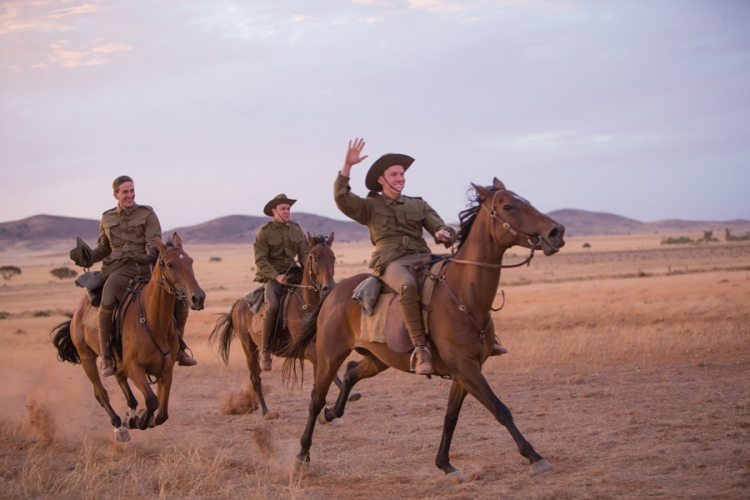
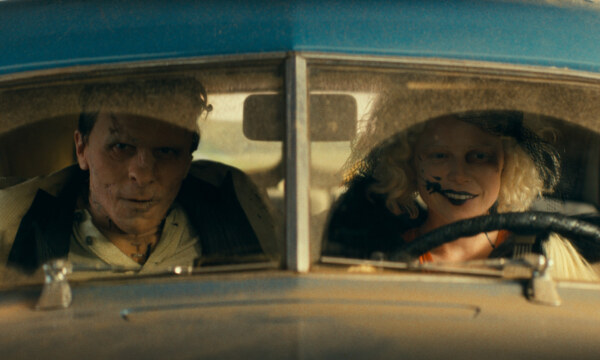
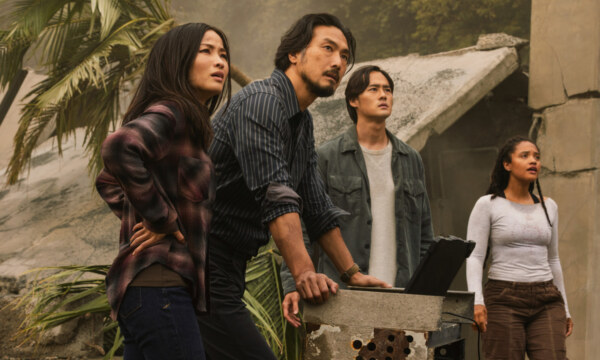
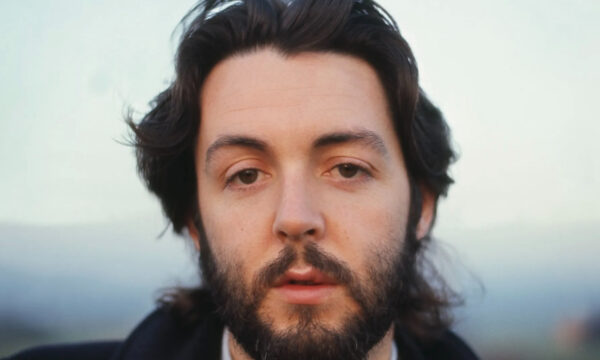
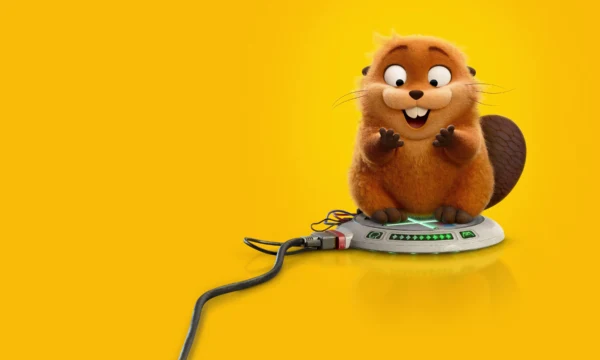
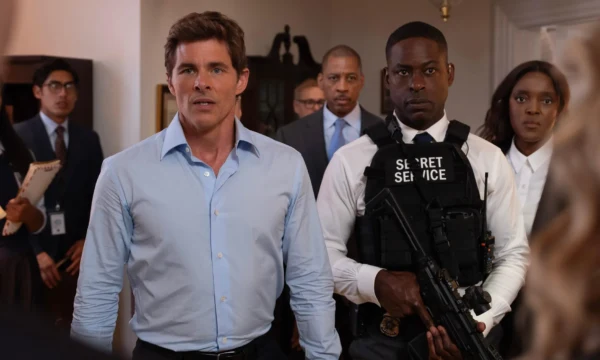
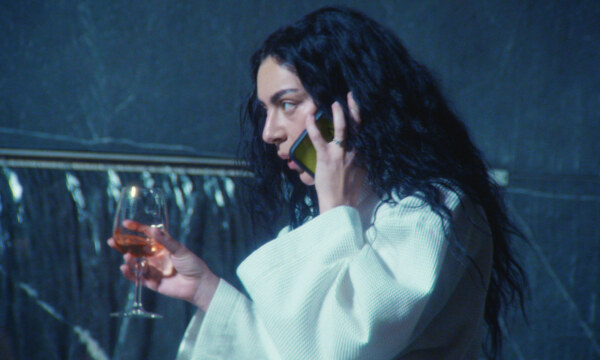
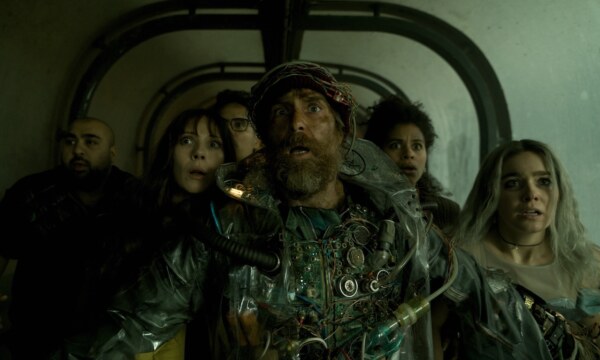
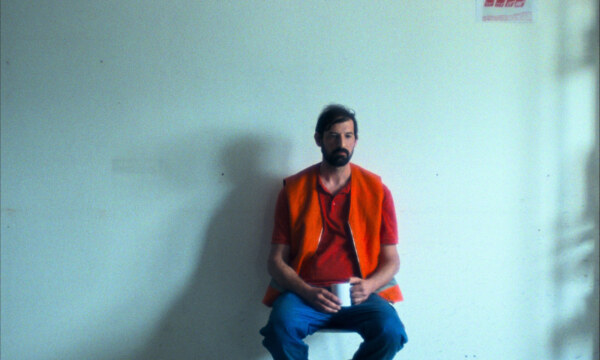
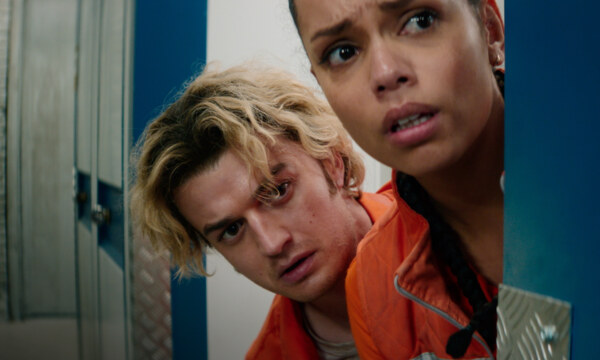

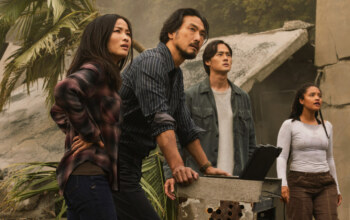
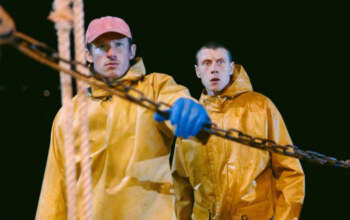
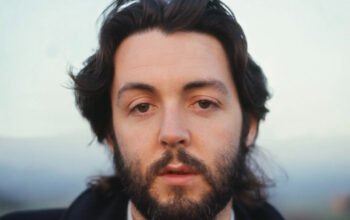


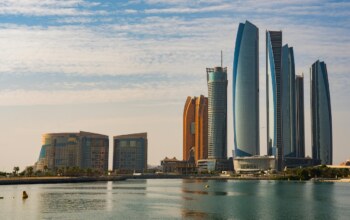


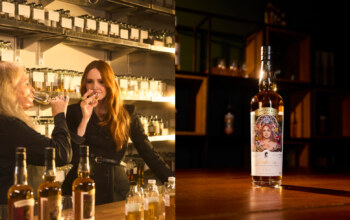
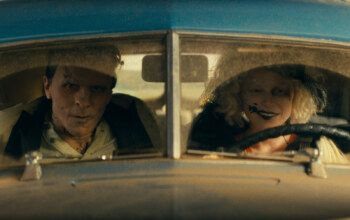
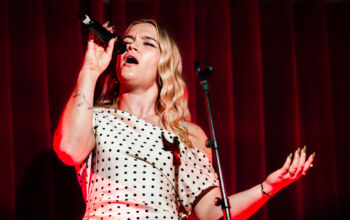
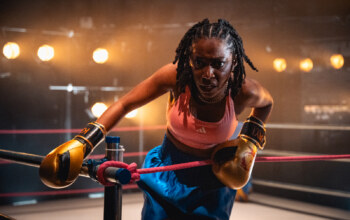


Facebook
Twitter
Instagram
YouTube
RSS